Understanding the Significance of Quality Control – QC
In scientific study & analysis, reliable test results are crucial. Laboratories from a variety of sectors, including manufacturing, pharmaceuticals, environmental monitoring, & healthcare, are essential to guarantee the accuracy & dependability of these findings. To achieve this, implementing effective quality control measures is vital. The significance of Quality Control(QC) ensures the accuracy, precision, and reliability of test outcomes. This article delves into the profound influence of quality control on data integrity and the overall reliability of test results.
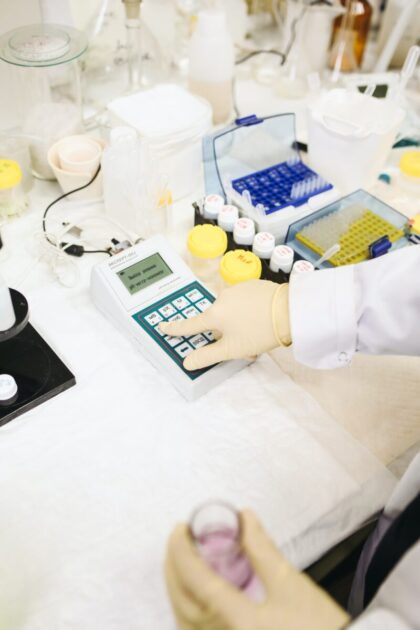
Exploring Quality Control in Laboratories
In laboratories, a standardised procedure known as quality control is used to monitor & maintain the correctness, precision, and reliability of test results. It consists of several steps, such as establishing standards, performing regular inspections, calibrating instruments, and validating test procedures. The primary objective of QC is to identify & fix any faults or deviations that may occur during the testing process to achieve the highest level of data integrity.
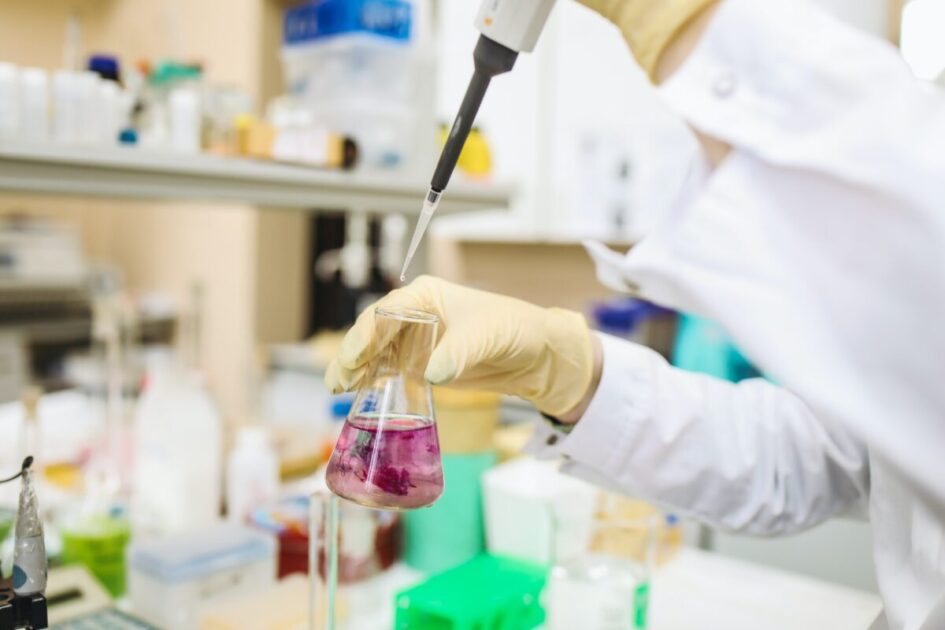
The Crucial Role of Quality Control in Laboratory Testing
To ensure that the tools, processes, & staff used in laboratory testing adhere to the necessary standards, QC is essential. Its use helps in error detection & elimination, lowering the possibility of providing inaccurate or unreliable test findings. By incorporating quality control measures, laboratories can enhance the credibility of their testing procedures & maintain the trust of their clients or customers.

The Benefits of Implementing Quality Control Measures
Implementing QC measures brings several advantages to laboratories and the industries they serve. First of all, it aids in error detection & correction, producing more accurate and trustworthy test results. Additionally, quality control enhances data consistency & repeatability, facilitating accurate comparisons & analysis. Additionally, it improves laboratory operations’ general efficiency & decreases the possibility of costly errors or retesting.

Key Elements of an Effective Quality Control Program
A broad QC program comprises several essential elements. These include establishing QC standards, documenting procedures & protocols, regularly calibrating instruments, conducting proficiency testing, providing personnel training, assessing competency, and continuously monitoring & evaluating performance. By integrating these elements, laboratories can ensure that their QC program is robust & effective.

Quality Control Methods and Techniques for Reliable Results
Various methods & techniques are employed in QC to validate & assess the accuracy & reliability of test results. These methods include using control samples, performing statistical analysis, conducting internal & external quality assessments, maintaining & calibrating equipment, and holding to standardized protocols. Each method serves a specific purpose in maintaining the integrity of laboratory testing.
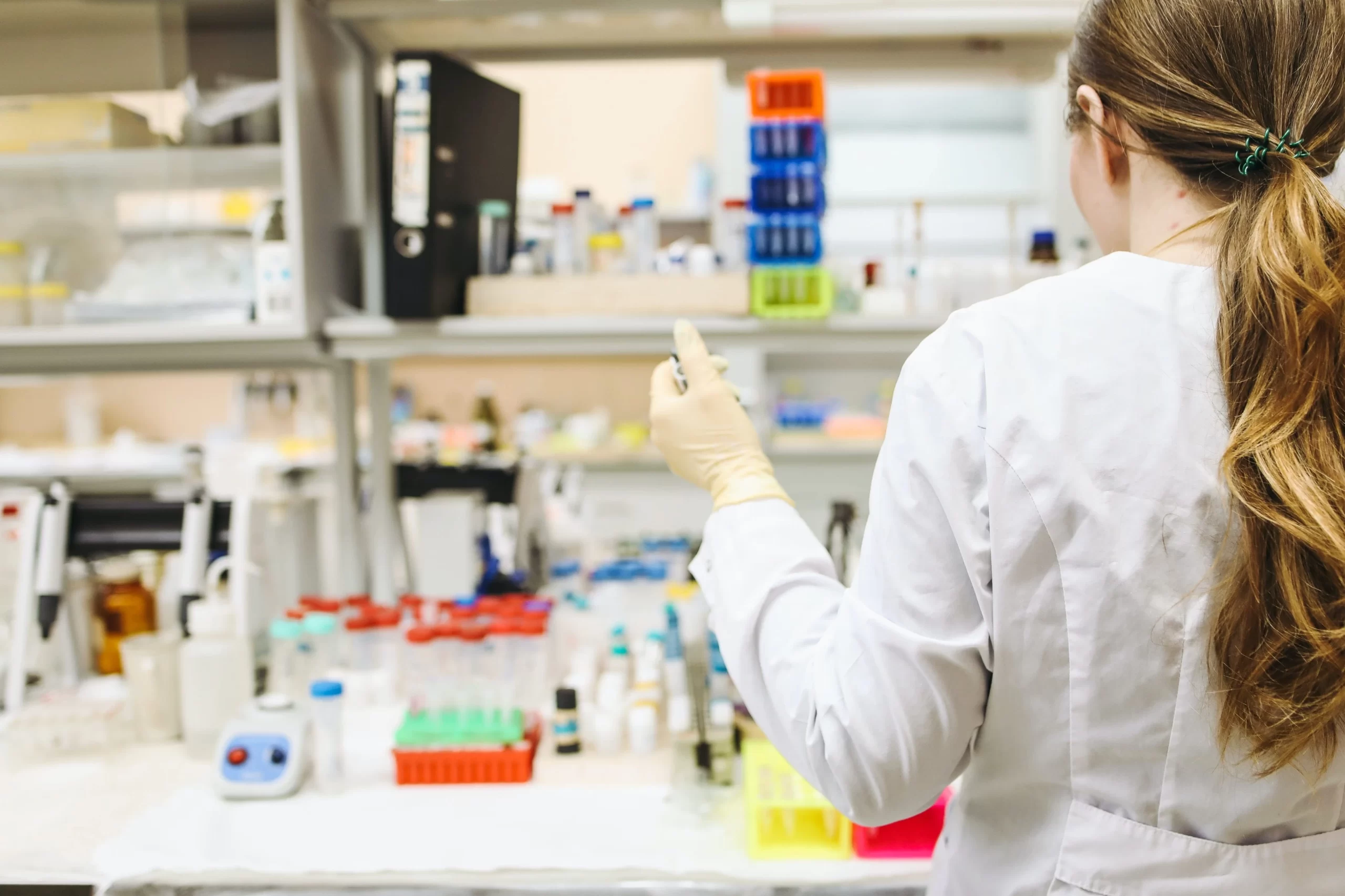
Empowering Quality Control with Statistical Tools
Statistical tools are crucial in QC for effective data analysis & interpretation. Techniques such as control charts, Pareto analysis, root cause analysis, and Six Sigma methodologies help identify trends, patterns, and anomalies in test results. By utilizing statistical tools, laboratories can make informed decisions regarding the acceptability of test outcomes & take necessary corrective actions when required.
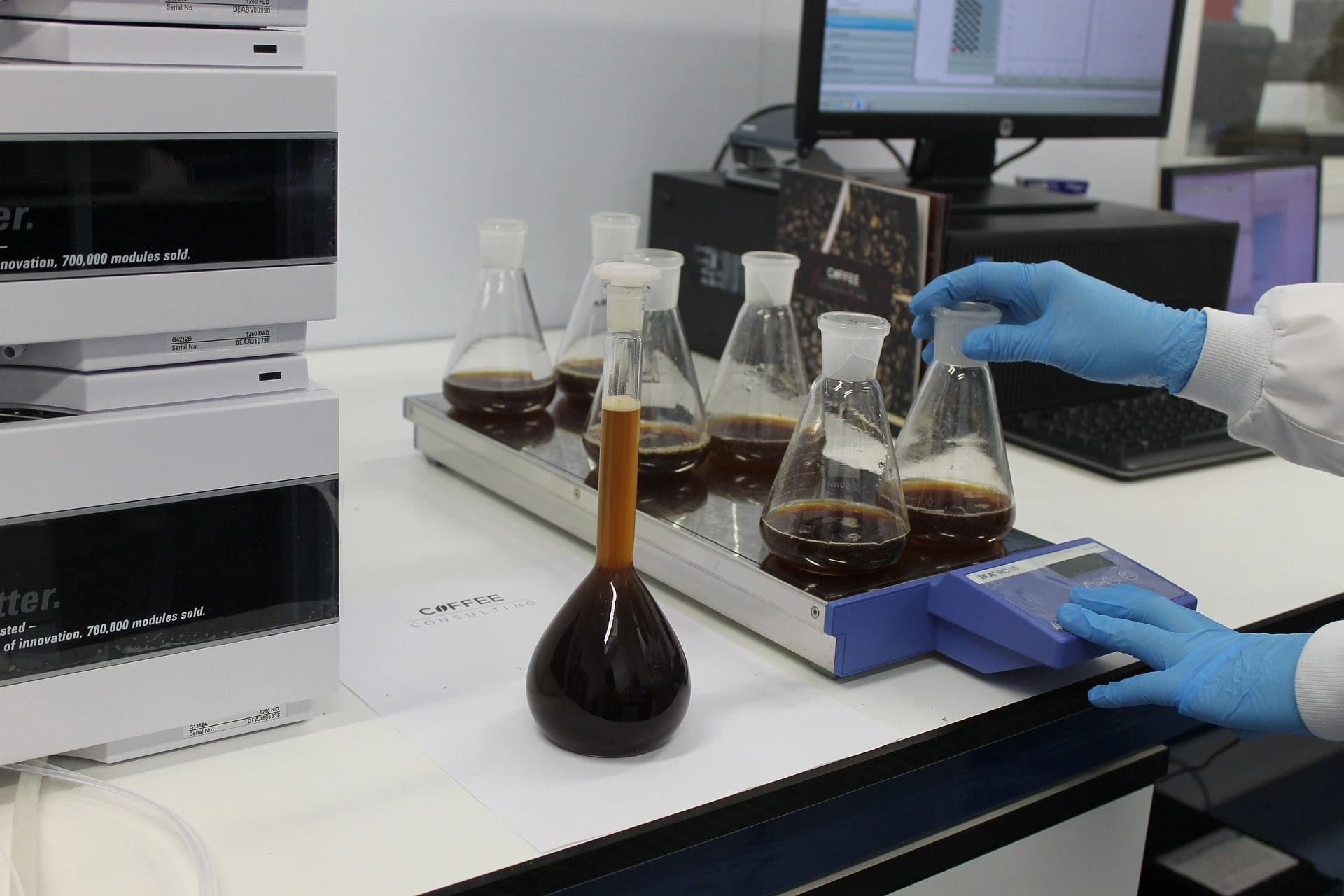
Tailoring Quality Control to Specific Laboratory Settings
QC measures need to be tailored to specific laboratory settings based on the nature of testing & industry requirements. For instance, medical laboratories may focus on ensuring the accuracy of diagnostic tests, while environmental laboratories may emphasize the reliability of environmental monitoring data. Customizing QC protocols according to the laboratory’s needs enhances the relevance & effectiveness of the program.

Challenges and Pitfalls in Implementing Quality Control
Implementing an effective QC program can present certain challenges & pitfalls. These can include the need for ongoing improvement, a lack of resources, staffing issues, and shifting regulatory requirements. To protect the integrity of their testing procedures & guarantee precise & trustworthy test findings, labs must proactively address these issues.
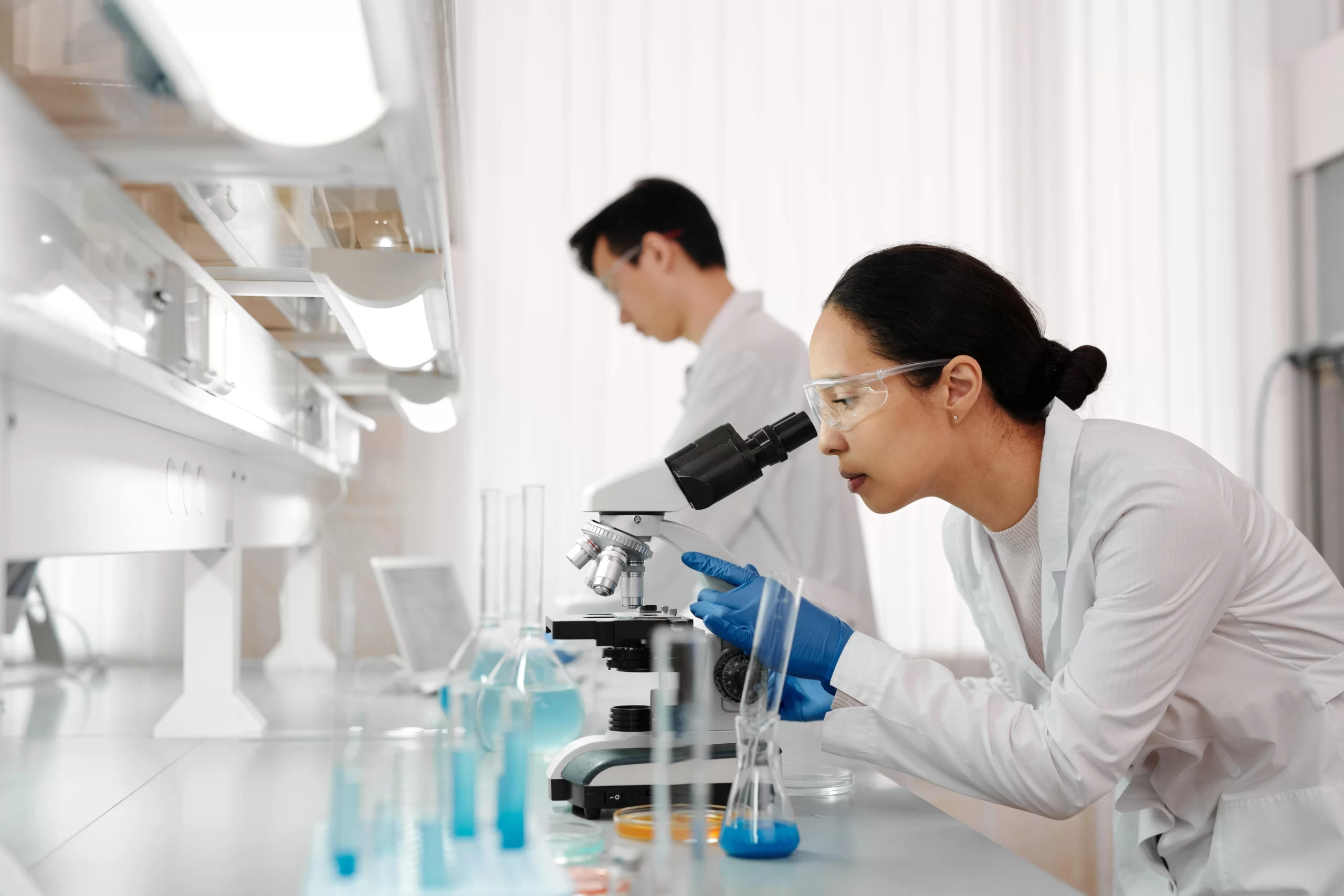
The Direct Impact of Quality Control on Data Integrity
QC directly influences data integrity in laboratory settings. RLaboratories can maintain the finest standards of reliability & precision by reducing errors, preventing data manipulation, & rigorously implementing quality control methods. Making informed judgements, protecting patient safety, & upholding the validity of scientific research all depend on data integrity.
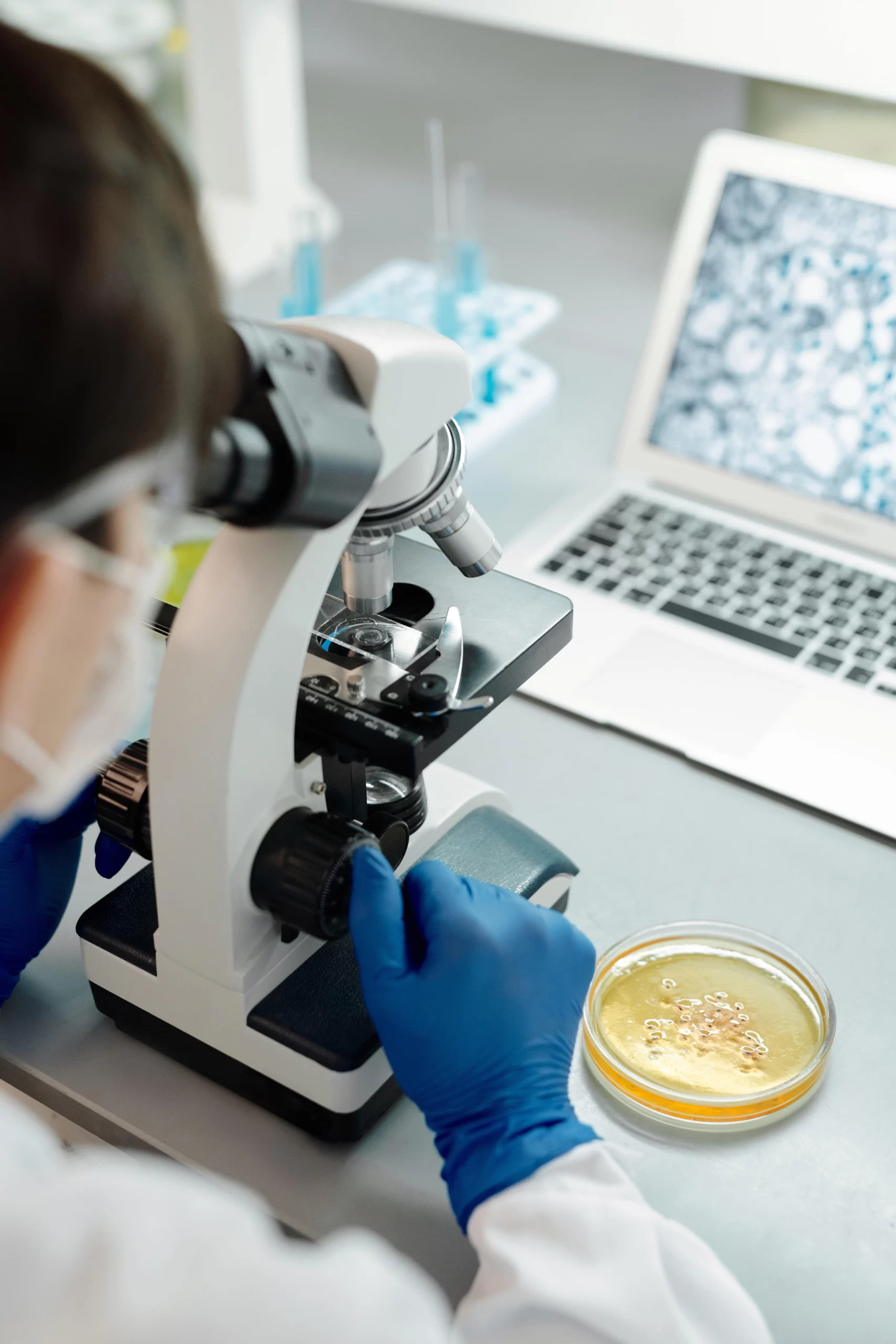
Ensuring Compliance with Quality Control Standards
To guarantee the reliability & uniformity of test results, it is crucial to adhere to quality control standards. Laboratories must adhere to laws that are relevant to their sector, global standards, & certification criteria. Regular audits, internal reviews, and external assessments help monitor & maintain compliance, fostering trust & confidence in the laboratory’s testing capabilities.
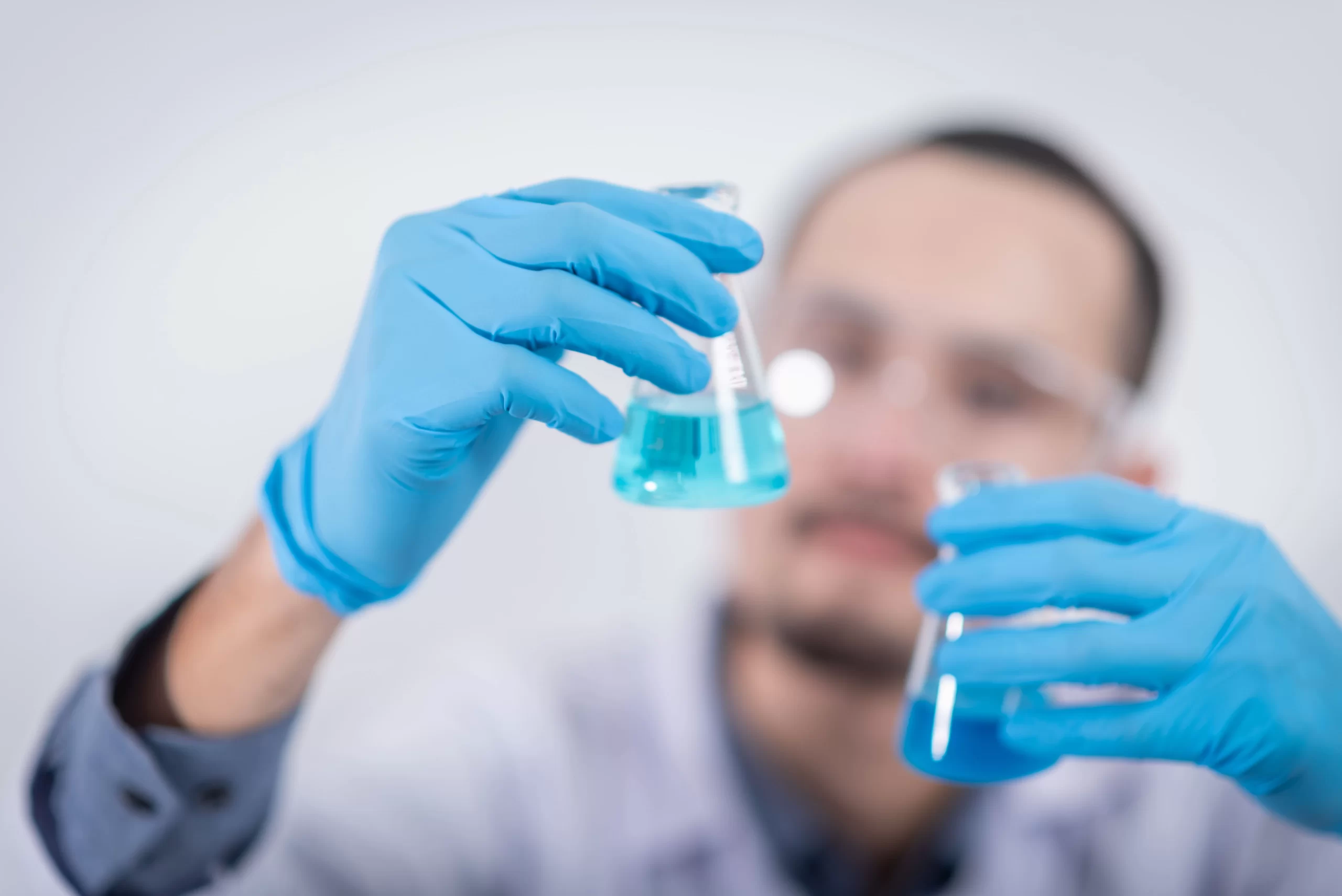
Quality Control in Healthcare and Medical Laboratories
QC is critical in healthcare and medical laboratories for accurate diagnoses & patient care. QC measures ensure the precision & reliability of medical test results, ranging from clinical chemistry to molecular biology. Stringent QC protocols minimize the risk of misdiagnosis, ensuring patient safety & contributing to effective treatment outcomes.

Quality Control in the Pharmaceutical Industry
QC is crucial to the pharmaceutical sector since it helps to guarantee the efficacy & safety of medicines. Pharmaceutical products’ uniformity and quality are confirmed by QC procedures such as batch testing, stability testing, & microbiological examination. Pharmaceutical businesses may comply with legal obligations, uphold the integrity of their products, and protect public health by putting strong QC(quality control) systems in place.

Quality Control in Environmental Monitoring
Environmental monitoring laboratories play a crucial role in assessing & mitigating environmental risks. QC measures in this context involve sampling techniques, analytical methods, and data validation. Accurate & reliable environmental monitoring data is vital for regulatory compliance, pollution control, and the preservation of ecological balance.
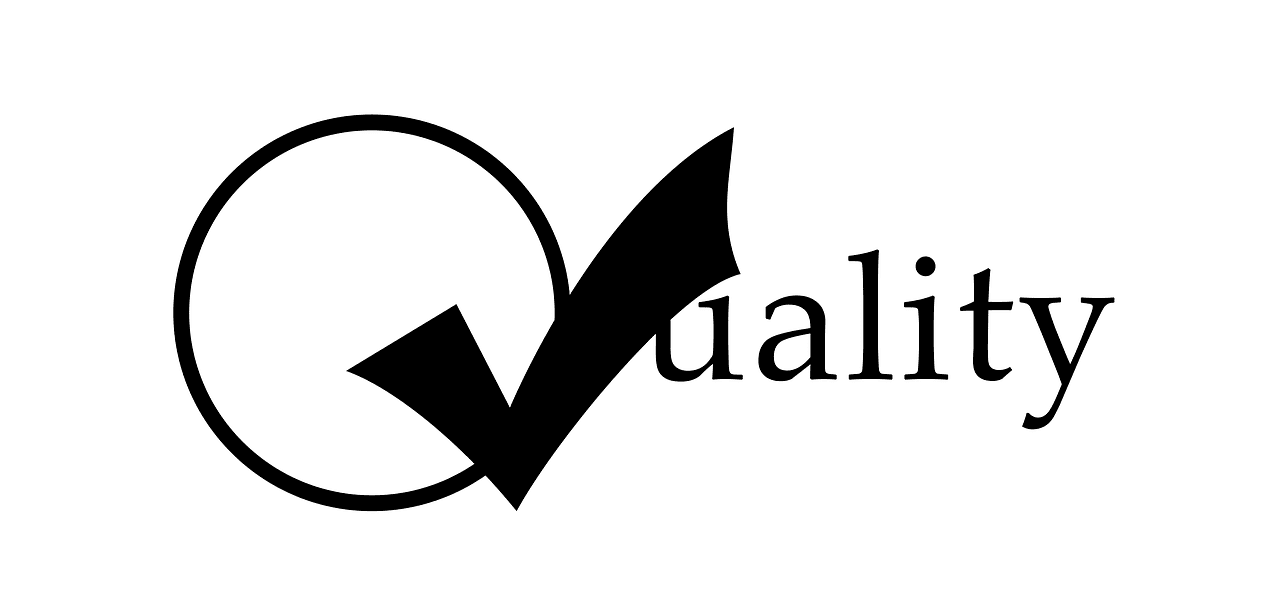
Quality Control in Manufacturing
To assure the quality, consistency, & safety of products, QC is crucial in the industrial sector. The three main facets of quality control in manufacturing are final product inspection, in-process testing, and adherence to quality standards. By implementing stringent QC measures, manufacturers can reduce defects, improve customer satisfaction, and enhance brand reputation.

Training and Education in Quality Control
Training and education are integral components of an effective QC program. Laboratory personnel need to be well-trained in QC protocols, instrument handling, data interpretation, and troubleshooting. Continuous professional development ensures that personnel stay updated with the latest advancements & best practices in QC. fostering a culture of excellence & continuous improvement.

Case Studies: Success Stories in Quality Control
Examining case studies highlighting the successful implementation of QC measures provides valuable insights & inspiration. These case studies showcase real-world examples of laboratories & industries that have achieved significant improvements in test result accuracy, data integrity, and operational efficiency through effective QC strategies.

Emerging Trends in Laboratory Quality Control
Laboratory QC is a sector that is constantly changing due to regulatory changes, market demands, and technological improvements. Laboratories may stay ahead of the curve & apply cutting-edge QC solutions by investigating upcoming trends like automation, digitalization, and also artificial intelligence. Embracing these trends enhances laboratory efficiency, accuracy, and overall performance.

Continuous Improvement in Quality Control
Continuous improvement is a core principle of QC. By regularly evaluating & analyzing quality control processes, laboratories can identify areas for improvement and implement corrective actions. This iterative approach fosters a culture of learning, innovation, and excellence, ultimately leading to enhanced test result accuracy, reliability, and customer satisfaction.
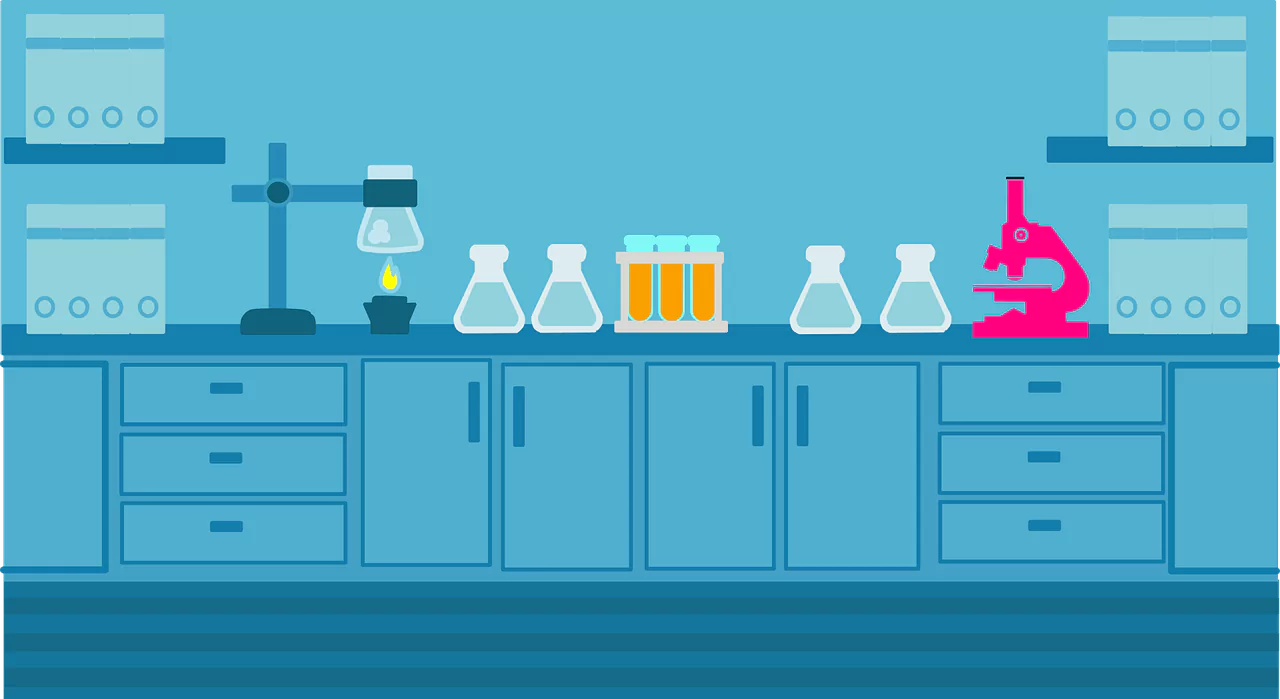
Conclusion
To ensure precise and trustworthy test findings, quality control (QC) is crucial in lab settings. Laboratories may improve the validity of their testing processes, safeguard the integrity of their data, and build client & stakeholder trust by putting in place efficient QC systems. An effective quality control programme must emphasise continuous improvement, conformity to standards, and keeping up with new trends. It is essential for laboratories seeking to provide accurate & dependable test results to invest in QC given the dynamic nature of scientific research & analysis. The significance of Quality Control relies upon your will to understand & perform.
What You Need to Know: Data Integrity in Pharmaceutical Quality Control Laboratories
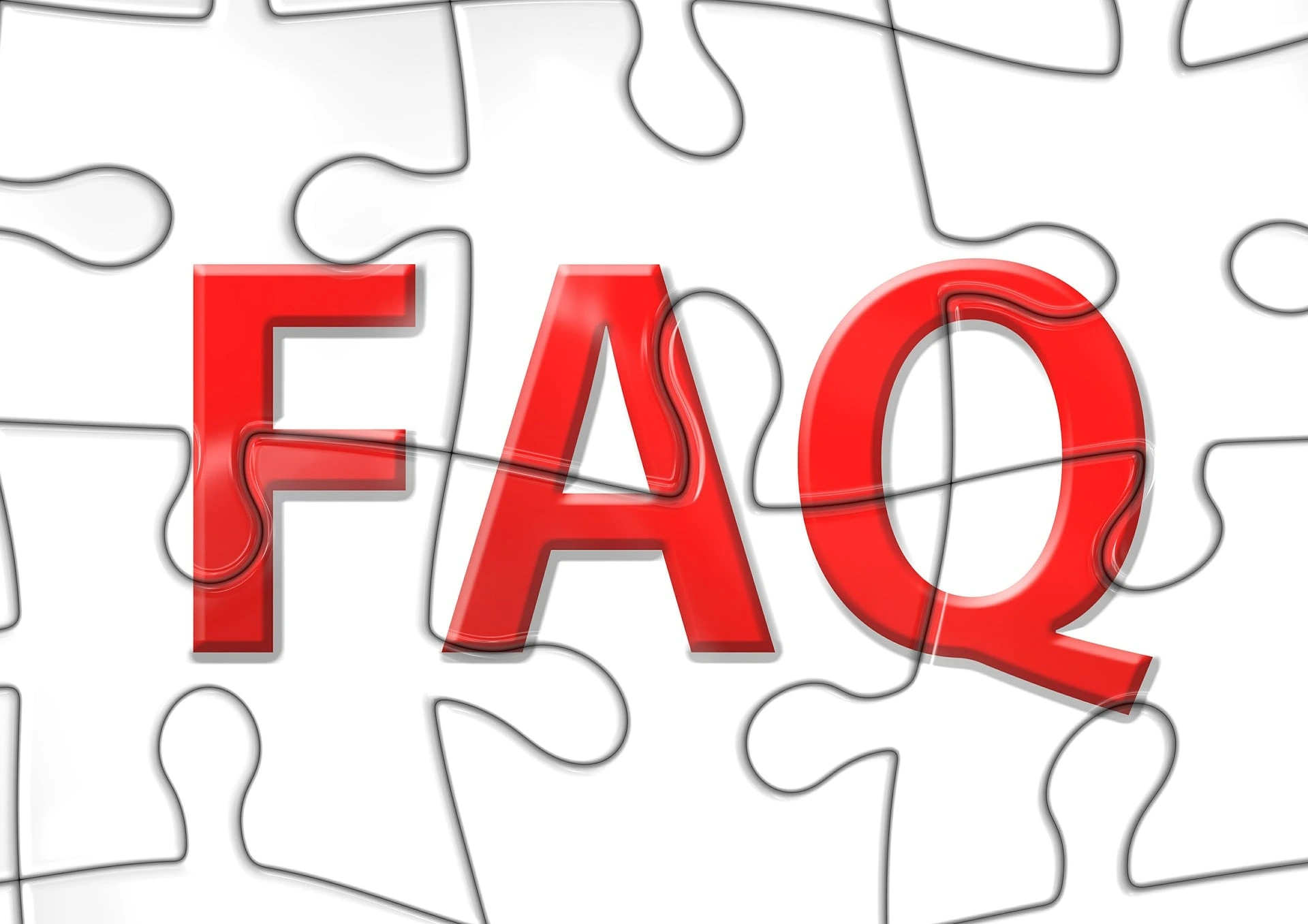
Common Quality Control FAQs
Q: How does quality assurance affect how reliable test results are?
A: As a result of quality control (QC), test findings are precise, exact, and reliable. It helps to increase the reliability and validity of the results by assisting in the detection & eradication of potential flaws or deviations throughout the testing process.
Q: What are some common quality control methods used in laboratories?
A: Common QC methods include the use of control samples, statistical analysis, proficiency testing, equipment calibration, and adherence to standardized protocols.
Q: Why is data integrity important in laboratory testing?
Data integrity ensures the accuracy, dependability, & consistency of test results, which is crucial for laboratory testing. It backs up the reliability of scientific research, encourages patient safety, and makes it possible to make well-informed decisions.
Q: How can laboratories ensure compliance with quality control standards?
A: Laboratories can ensure compliance with QC standards by adhering to industry-specific regulations, international standards, and accreditation requirements. Regular audits & assessments help monitor & maintain compliance.
Q: What function does quality assurance perform in the pharmaceutical sector?
A: Quality assurance performs the function of guaranteeing the security & effectiveness of medicines, QC is crucial in the pharmaceutical sector. To ensure that pharmaceutical products are of a high standard & consistency, extensive testing & analysis are required.
Q: How can laboratories stay updated with emerging trends in quality control (QC)?
A: To stay updated with emerging trends in QC, laboratories can actively participate in conferences, workshops, and professional development programs. Engaging with industry experts & leveraging technological advancements can also provide valuable insights.
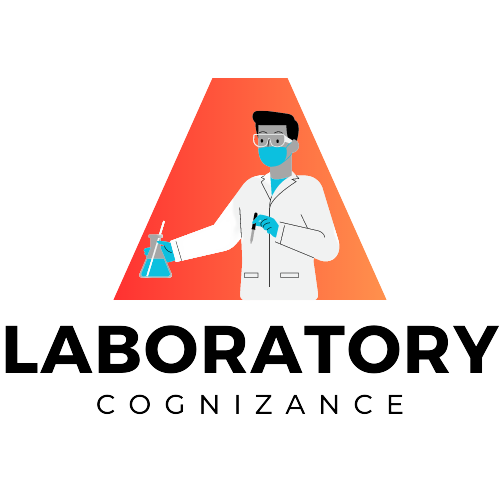
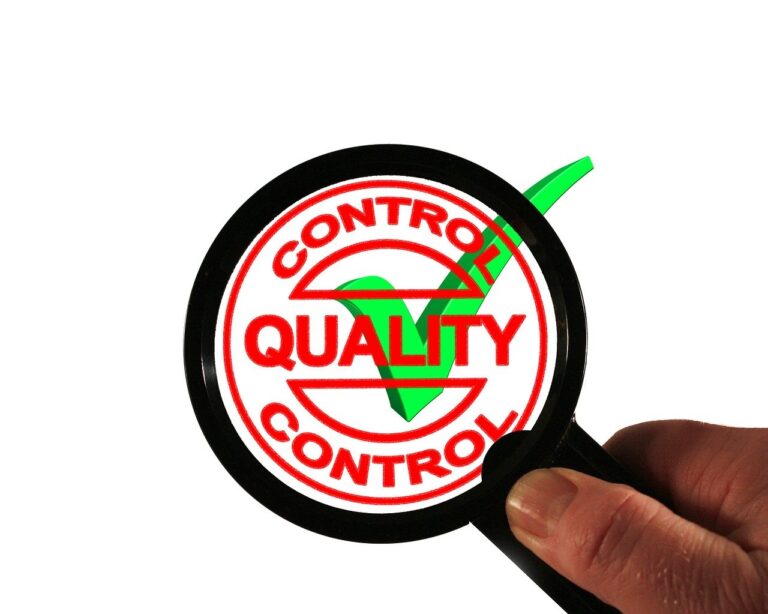
1 thought on “Quality Control’s Impact on Data Integrity”
Comments are closed.